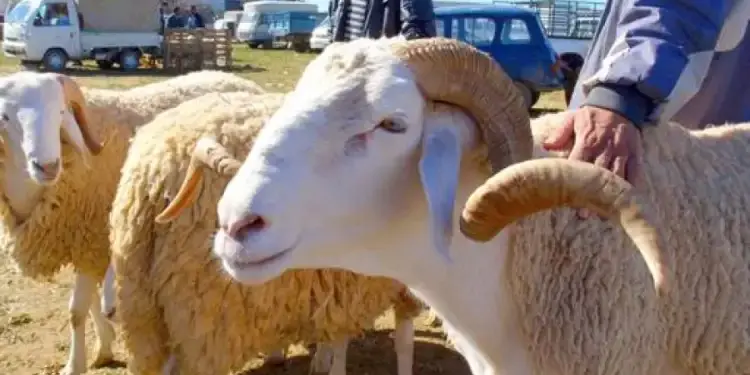As Eid Al-Adha approaches, a major religious tradition in the Muslim world, an observation surprises: Tunisians seem less inclined this year to buy a beast for sacrifice. This is confirmed by Ahmed Amiri, president of the National Bouchers Chamber, during a statement this Saturday, May 21, 2025 on national radio.
According to him, “sheep is available, but demand remains low”. The main reason? The price deemed excessive by many households. Sheep prices vary this year between 1400 and 2000 dinars, a range that is difficult to access for many families faced with a drop in purchasing power and persistent inflation.
While Eid is traditionally a highlight of consumption, the decline in demand testifies to a change in attitude or an economic constraint. More and more Tunisians seem to give up buying a beast, either because of the cost of prices, or by opting for alternative solutions such as purchase in common, the relocation of sacrifice in rural areas, even the postponement or abandonment of the ritual.
In an attempt to relaunch sales, new distribution points will be opened in several governorates, according to statements by El Amiri. But will these measures be enough to reverse the trend?
This relative disinterest in the sheep of sacrifice could mark a societal evolution: a more rational relationship to tradition, dictated by increasingly heavy economic realities. It remains to be seen whether this trend will be anchored permanently or if it is a simple economic withdrawal.








